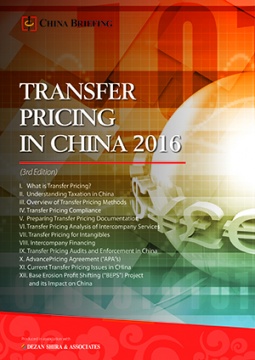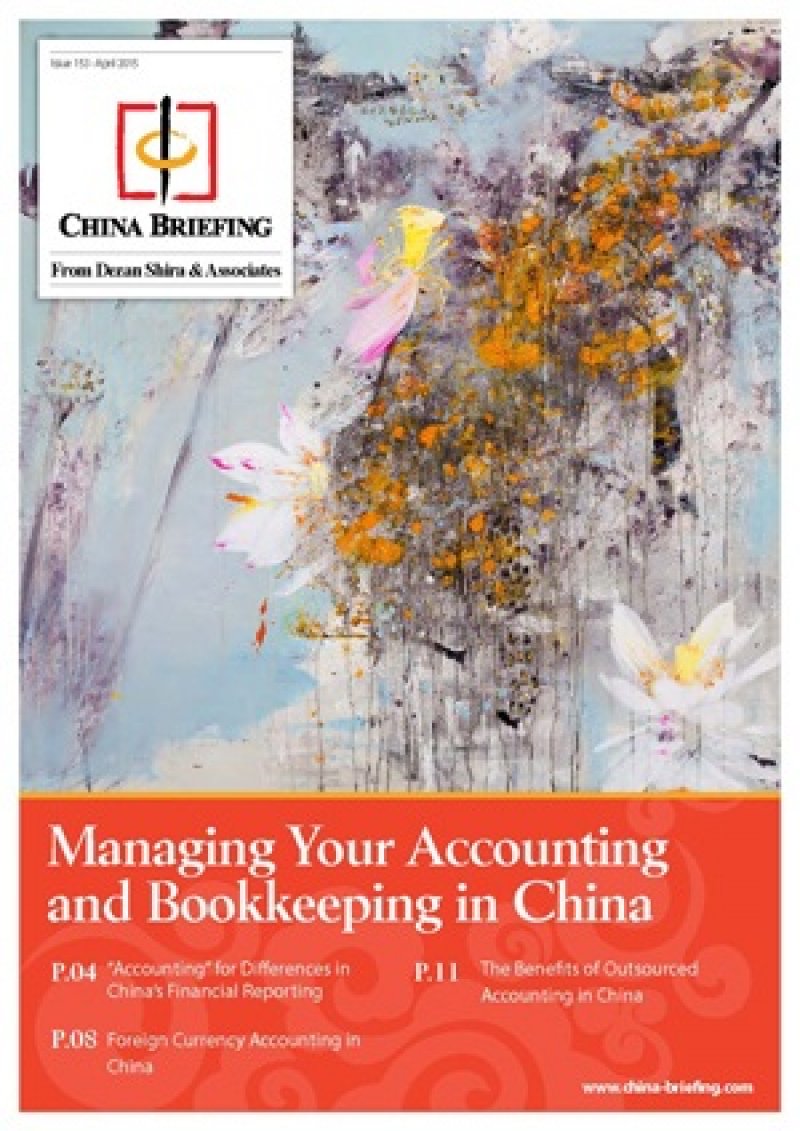China ROs to be Subject to Transfer Pricing Regulations During 2010 Audit
Expatriate staff face queries over split salary payments
Dec. 22 – Representative offices in China may find themselves having to comply with China’s transfer pricing regulations for the first time in the upcoming annual audit period.
China audits ROs (and all other foreign invested enterprises) each year on a calendar year basis, with a four month window to submit accounts for examination. This means that all ROs and other foreign investments must now start to prepare their accounts for the year 2010 and to have these fully prepared and audited by a third party CPA firm for submission no later than the end of April 2011.
What is different about the circumstances for standard representative office audits this time around is that for the first time, China requires ROs to follow the principle of proportionate functions and risks when calculating its taxable income. This means that ROs should comply in transactions with its overseas head office on the arm’s length principle, under which relevant incomes, costs and expenditures should be accounted for at fair prices.
We suspect that for 2010 audits, of particular interest will be the chief representative’s salary as declared in China. Many CRs are resident in China, but maintain their salary payments as two separate incomes, one in China, the other back home. The Chinese authorities may well question this, as residency in China means the Chinese tax authorities possess the right to levy income tax on the full salary paid, regardless of whether that was met in China or not. Such circumstances may also lead to a reassessment of the total salary paid and declared in China, together with an upward assessment of both the individual income tax amount due in addition to the business tax payable by the representative office. If expatriate staff are engaging in such tactics, it is preferable for this issue to be addressed prior to the audit submission as tax treatments do exist that may assist with avoiding state imposed recalculations of tax due.
Other examinations concerning transfer pricing may come into effect if the representative office has any licensing or other agreements with its own parent; these may be subject to the “fair price” rule and again recalculated upwards. On these issues, China’s double tax agreements may well be worth studying for potential alleviation.
Chief representatives of China ROs, together with other foreign employees splitting salary payments between China and home, may wish to take advice over this issue in addition of other potential areas of transfer pricing concern for representative offices. Solving such issues can take time, and with audits due to be filed by April, it is better to bring these matters to the attention of professional advisors at the pre-audit submission stage than face questioning and potentially additional tax imposition by the tax authorities once audit is submitted and found to be questionable. Negotiations after audit submission have little chance of success at this level, we recommend dealing with the issue, understanding any potential liabilities and discussing solutions some time prior to submission of the official audit.
Dezan Shira & Associates are a licensed tax practice in China and can advise on matters of individual income tax, in addition to the tax and audit liabilities for representative offices. Please contact the firm at tax@dezshira.com if you have concerns in these areas, or download the firm’s brochure here.
![]()
 Transfer Pricing in China 2016
Transfer Pricing in China 2016
Transfer Pricing in China 2016, written by Sowmya Varadharajan in collaboration with Dezan Shira & Associates and Asia Briefing, explains how transfer pricing functions in China. It examines the various transfer pricing methods that are available to foreign companies operating in the country, highlights key compliance issues, and details transfer pricing problems that arise from intercompany services, intercompany royalties and intercompany financing.
 Annual Audit and Compliance in China 2016
Annual Audit and Compliance in China 2016
In this issue of China Briefing, we provide a comprehensive analysis of the various annual compliance procedures that foreign invested enterprises in China will have to follow, including wholly-foreign owned enterprises, joint ventures, foreign-invested commercial enterprises, and representative offices. We include a step-by-step guide to these procedures, list out the annual compliance timeline, detail the latest changes to China’s standards, and finally explain why China’s audit should be started as early as possible.
 Managing Your Accounting and Bookkeeping in China
Managing Your Accounting and Bookkeeping in China
In this issue of China Briefing, we discuss the difference between the International Financial Reporting Standards, and the accounting standards mandated by China’s Ministry of Finance. We also pay special attention to the role of foreign currency in accounting, both in remitting funds, and conversion. In an interview with Jenny Liao, Dezan Shira & Associates’ Senior Manager of Corporate Accounting Services in Shanghai, we outline some of the pros and cons of outsourcing one’s accounting function.
- Previous Article China Briefing Releases New China Human Resources Guide
- Next Article New Report Released Outlining China’s 2011 Development with India





























